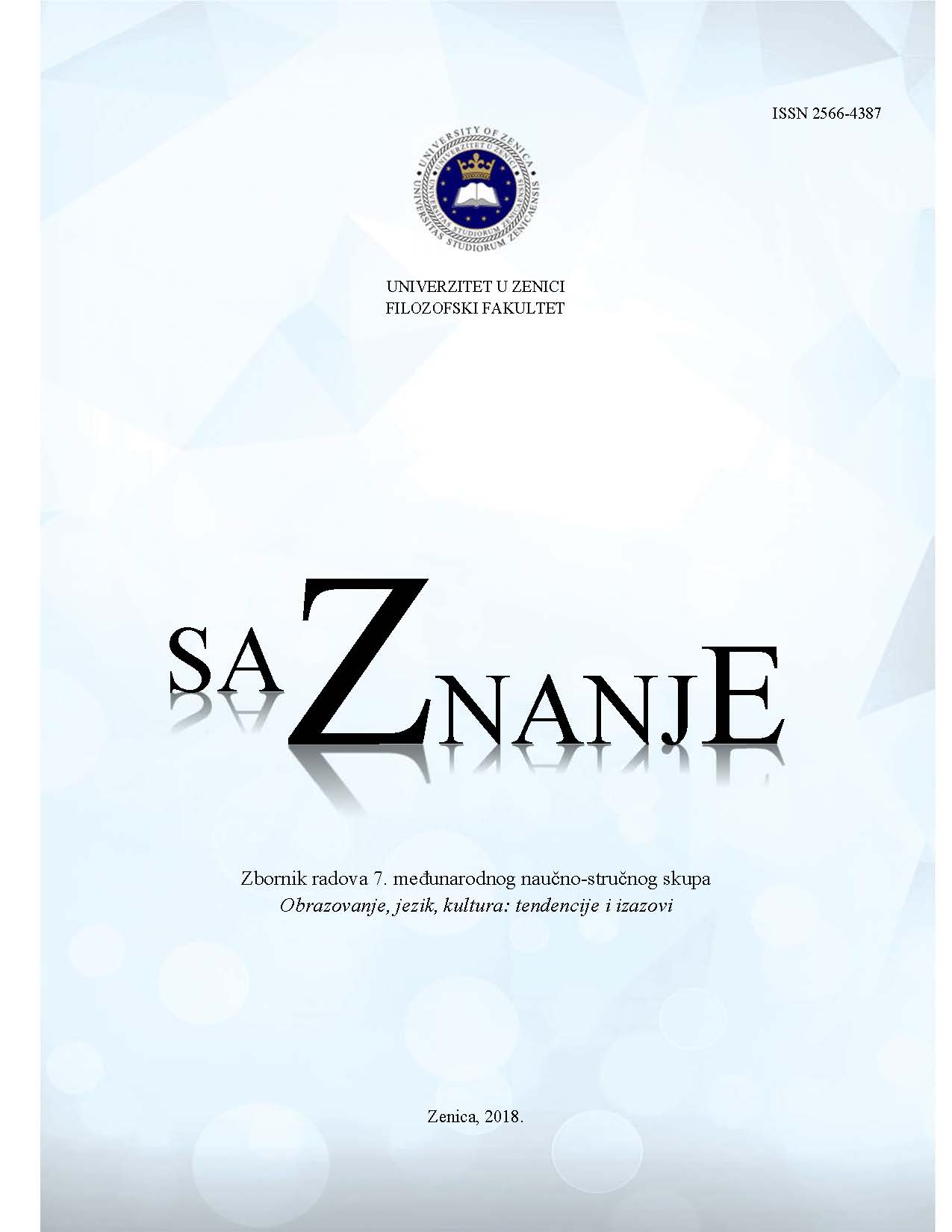OSNOVE SAVREMENOG SISTEMA KOMPLEKSNOG VREDNOVANJA RADA UČENIKA
THE BASIS OF A MODERN SYSTEM OF COMPLEX EVALUATION OF PUPILS' WORK
Author(s): Vojislav Ilić, Andrijana Šikl-ErskiSubject(s): Social Sciences, Education
Published by: Filozofski fakultet, Univerzitet u Zenici
Keywords: complex evaluation of students' work, self-evaluation; aspiration; learning improvement;
Summary/Abstract: The paper highlights the key aspects of the modern system of complex evaluation of pupils' work. The old measures of educational success are such social norms that completely ignored the individual side of the border area of educational achievement, and for new educational achievement measures they are precisely the ones that are indicative. For the new model of evaluation of educational achievement and the new system of educational success, the psychological concept of the level of aspiration is of crucial importance. Aspiration is a strong desire or a tendency to achieve greater and higher. The third educational paradigm extends the general evaluation (evaluation and measurement), which primarily stimulates ambition but also pretension rather than aspiration. Educational and educational flows can not be managed efficiently and effectively efficiently without the developed pedagogical information system on student progress. Thanks to the benefits of various methods and techniques of monitoring and assessment, continuous assessment provides information not only what students know, understand and can do, but also how they do that, what is that was useful and what is not, what kind of work is for them the most suitable , which is useful for certain activities at certain moments. This type of assessment involves self-evaluation of both teachers and students. Self-evaluation implies consideration,critical analysis of activities, procedures, behavior in teaching and learning. Self-evaluation is one of the most important components of learning. It is crucial to establish sеlf regulated learning, in which students take responsibility for learning and becoming capable of life long learning. Evaluation at school is a very complex process because it involves the assessment of other aspects of the work, the context in which the assessment is done, motivation and personal development of students and not can and should not be reduced to the assessment of the achieved standards. The approach is to continue and focus on competencies, outcomes and standards, which requires evaluation that will monitor and improve the learning process.Therefore, it is inevitable that the complex evaluation of students' work forms an integral part of everyday teaching practice.
Journal: saZnanje
- Issue Year: 1/2018
- Issue No: 1
- Page Range: 159-167
- Page Count: 9
- Language: Serbian

